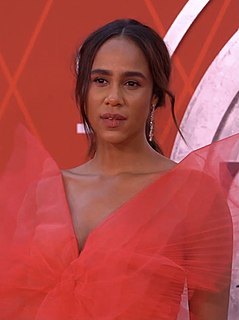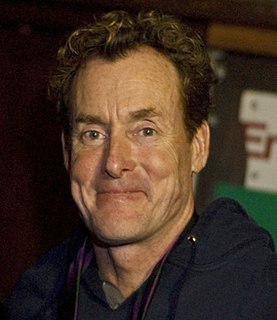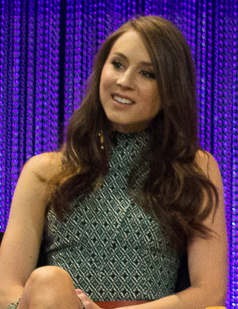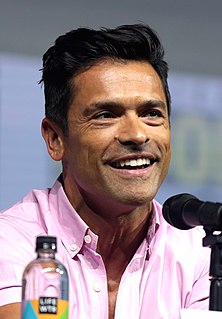A Quote by Zawe Ashton
As an actor you can always blame the director or writer for negative feedback. But as a writer, you're the reason why everyone's in the room.
Related Quotes
We're not allowed in the cutting room - and that's extraordinary. So, when a director is asking for certain nuances and colours and we feel that they're phoney, but we do it because the director asks for it, that's the one that they pick in the cutting room. And I contend that when you see a movie with bad acting, don't blame the actor... blame those guys in the cutting room because they like that take.
When I was in the writers' room, all these writers were like, "Ugh, another star that they gave a writing-producing credit to." But then within like an hour, they were like, "You're really a writer." "Yeah, I really am. I'm a writer, and a director, and a producer, and an actor, and a painter, and I do all that stuff in the Lush Life." It was great.



































